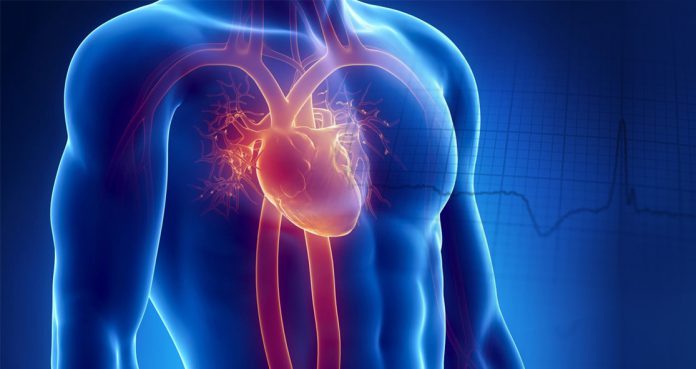A study funded by the British Heart Foundation and published in the journal Circulation used artificial intelligence (AI) to analyze cardiac scans so that it can predict heart attacks and strokes.
Researchers from the Barts Health NHS Trust and University College London said it is the first time a computer read the blood flow scans and revealed the heart problems.
AI was more accurate at predicting major cardiovascular events, such as heart attack and stroke, within a 19-month follow-up than a physician using traditional methods.
The study said international guidelines recommend various assessments to measure the blood flow, which are invasive and have a few risks. However, there are a few non-invasive assessments, such as Cardiovascular Magnetic Resonance (CMR) imaging.
CMR imaging provides the structure and function of the cardiovascular system, allowing physicians to elicit abnormalities. CMR has been commonly used to detect coronary artery disease with major cardiovascular events, such as heart attack, and even death, within a year. However, the researchers think this technique makes it difficult to analyze cardiac health through a naked eye.
Prof. James Moon from Barts Health NHS Trust and University College London, said, “Artificial intelligence is moving out of the computer labs and into the real world of healthcare, carrying out some tasks better than doctors could do alone.”
“We have tried to measure blood flow manually before, but it is tedious and time-consuming, taking doctors away from where they are needed most, with their patients,” he added.
The researchers looked at CMR images of more than 1,000 patients analyzed them with AI technology that instantly measured blood flow to the heart. The measurements were then sent to medical teams who decide on treatment pathways. The AI predictions were compared with the health outcome of patients to see whether the technology was correct.
AI data revealed the patients who had a major cardiovascular event within the study period of 19 months. More than 16 percent of the participants had a major cardiovascular event, such as a heart attack and stroke, some requiring hospitalization, while 4 percent of them died.
The researchers found that the AI revealed patients who had reduced blood flow, which is why they were more likely to suffer from a cardiovascular event.
These findings suggest that for the first time, AI has been able to accurately predict which patients are at risk of suffering from cardiac events.
Dr. Kristopher Knott from Barts Health NHS Trust and University College London said, “The predictive power and reliability of the AI was impressive and easy to implement within a patient’s routine care.”
“The calculations were happening as the patients were being scanned, and the results were immediately delivered to doctors,” added Dr. Knott. “As poor blood flow is treatable, these better predictions ultimately lead to better patient care, as well as giving us new insights into how the heart works.”























